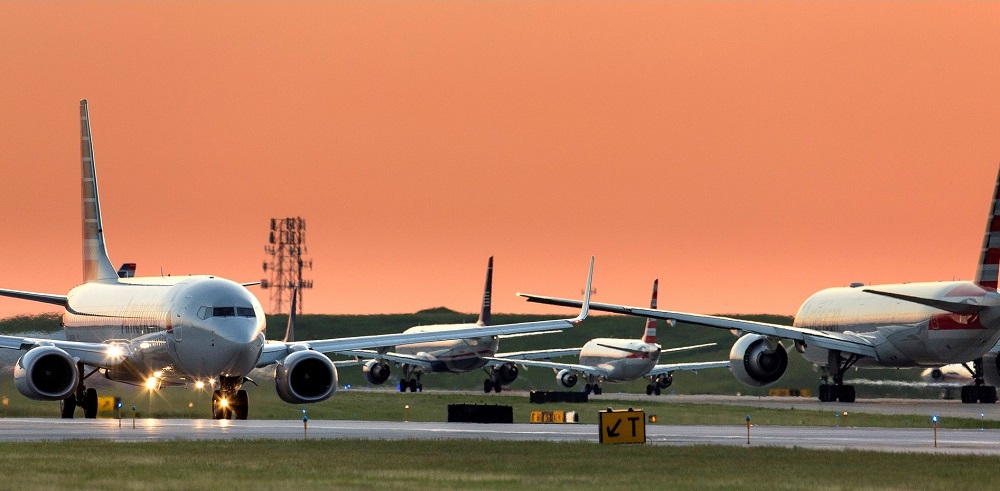Airlines are facing a difficult first half in 2021 after a recovery in bookings sparked by positive news about COVID vaccines stalled, leading to renewed warnings some carriers might not survive.
Forward bookings for February and March are down more than 80 percent year-on-year globally as COVID cases have increased and governments have reimposed travel restrictions.
The restrictions halted a sluggish recovery prompted by news about the availability of COVID vaccines towards the end of the last year and affected recovering domestic markets in Russia and China.
The International Air Transport Association has been lobbying unsuccessfully to replace quarantine restrictions with a global testing regime.
READ: Crucial black box recovered from Sriwijaya crash.
A renewed wave of COVID infections has seen the reverse happen, with countries such as Germany, Japan, Australia, New Zealand and Canada adding testing to quarantine. Hong Kong increased the quarantine period to 21 days and banned travel from South Africa and the UK.
Global airline shares have continued to lag the wider market although there was an uptick in the final quarter of 2020. The Reuters Global Airlines share price index ended the year about 30 percent below the FTSE All World index.
READ: How safe is the Boeing 737?
In its first briefing for 2021, IATA warned that the reversal of the nascent recovery and the stalling of international travel growth had set back recovery in 2021.
IATA chief economist Brian Pearce warned carriers would continue to burn cash for at least the next six months before a transition to cash generation towards the end of the year.
“If anything, the immediate future has got worse because of the impact of the virus, because of travel restrictions and because of what we know airlines are doing in cutting their schedules for the first few months of this year,’’ he said.
Pearce warned that many carriers may not be able to wait until the end of the year for stronger revenues.
“Larger airlines have built up substantial cash balances but many airlines have not been able to do so,’’ he said.
There was a relatively low number of airline failures in 2020 despite a catastrophic collapse in airline revenue and Pearce said few airlines would have been able to continue trading under current conditions in normal circumstances.
“It was really purely because governments have stepped in,’’ he said. “To date, we’ve counted aid of $197 billion dollars (and) that has kept airlines on life support.
“So we saw only about 40 or 50 airlines fail or be restructured under bankruptcy, which is a relatively small number.
”The challenge now is to make the restart of the industry economically viable because it’s still extremely challenging.”
The IATA economist said governments would still need to look carefully at the airlines serving and based in their countries as they grappled with conditions in the first half of the year.
“The next six months, except for those airlines who have raised a lot of cash, could see airlines fail before we see the vaccines make a significant difference to passenger revenues later this year,” he said.
IATA is sticking with its prediction that airline passenger levels will not recover to 2019 levels until 2023. Long-haul markets are expected to recover more slowly with revenue passenger kilometres reaching 2019 levels a year later.
It expects it take some time to reach COVID herd immunity, despite a rapid ramp-up of vaccination programs in some advanced economies, and for consumers to get back to pre-crisis behavior and patterns of travel.
Even then, airlines will be facing a big debt burden they will be keen to pay down as soon as possible.
“The challenge as airlines move into the recovery phase, which we’re hoping for at least in the second half of this year, is going to be the burden of debt,” Pearce said.
“There’s been a huge build-up of debt in airlines that has really been the cost of the aid and also airlines have raised cash by issuing debt on capital markets in order to survive.
“So airlines are going to be focused on repaying that debt and that’s going to be a major focus of action over the next couple of years.”
























